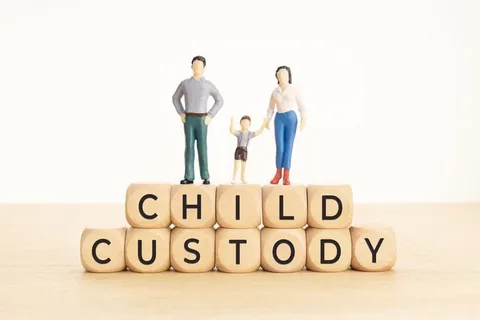I’ve sat with plenty of parents who felt overwhelmed the moment an investigator was mentioned. That fear is natural. Child Custody investigations look serious because they are serious — they can influence where a child lives and how routines are arranged. But most of the process is straightforward once you know what to expect. Here’s a plain-language breakdown with steps you can actually use.
What a Custody Investigation Is (in One Sentence)
An investigator gathers facts about a child’s daily life — school, sleep, safety, and caregiving — and reports those facts to the court so a judge can decide what’s best for the child.
Who Might Do the Investigation
Depending on your case, the investigator may be:
- A court-appointed officer
- A guardian ad litem
- A child welfare worker
- A private custody investigator
Court investigators report directly to the judge, while private investigators typically work for a parent but must follow legal limits to ensure evidence is admissible. If you need discreet and lawful support, Grey Ghost Investigations offers custody-related investigative services with care and professionalism.
Common Things Investigators Do (and Why)
- Talk to people: Parents, the child (when appropriate), babysitters, teachers, and sometimes neighbors.
- Visit the home: Check living arrangements, food, safety basics like smoke detectors.
- Check records: School performance, medical history, past CPS or police involvement (if relevant).
- Observe interactions: Watch how a parent and child communicate, handle routines, or play together.
How to Prepare Practically
- Create a one-page timeline of school attendance, doctor visits, and childcare.
- Gather key documents: report cards, immunization records, daycare invoices, custody communications.
- Identify two people (teacher, pediatrician, neighbor) who can speak about your parenting.
- Pause or tighten social media — posts can be misinterpreted.
How to Behave During Interviews and Visits
- Stay calm, polite, and direct.
- Admit when you don’t know an answer — never guess.
- Keep answers short and factual.
- If your child is present, act naturally and provide comfort.
Legal and Ethical Boundaries
Some actions are off-limits and could harm your case:
- Hidden audio or video recordings without consent
- Secret cameras in private spaces
- Tracking devices on vehicles
Recording laws vary by state. Always consult your lawyer. Reputable investigators avoid tactics that could upset a child. If someone suggests otherwise, consider it a red flag.
What Investigators Put in a Report
Expect a factual summary of:
- Who was interviewed
- What was observed
- Records reviewed
If there’s an issue (e.g., no bed in a child’s room, missed school pickups), it will be noted. Judges rely on objective, factual reporting.
If You Disagree with Findings
- Work with your attorney to submit corrections or new evidence.
- Don’t argue with the investigator directly.
- Keep disputes professional and properly documented.
When to Get Immediate Help
- If you believe a child is in danger, contact child protective services or the police.
- If you suspect illegal surveillance, notify your attorney immediately.
- Never try to collect risky or unlawful evidence on your own.
Quick Preparation Checklist
✔️ Create a one-page family calendar (school, visits, appointments)
✔️ Collect school, medical, and childcare records
✔️ Choose two neutral witnesses who can vouch for routines
✔️ Pause or secure social media activity
✔️ Rehearse straightforward answers with your attorney
Final Note
Custody investigations are challenging, and it’s normal to feel anxious. Focus on what you can control: records, routines, and steady behavior during interviews. Courts value stability and safety. Small, concrete steps go a long way in presenting a clear, honest picture of what’s best for your child.
For discreet, ethical support in custody-related cases, Grey Ghost Investigations can provide professional investigative services that respect both legal and emotional boundaries.
FAQs
Q1. What is the purpose of a custody investigation?
A custody investigation gathers facts about a child’s living environment, safety, and routines to help the court decide what’s in the child’s best interest.
Q2. Who conducts custody investigations?
They may be carried out by a court-appointed officer, guardian ad litem, child welfare worker, or a licensed private investigator like Grey Ghost Investigations.
Q3. What do investigators look for in custody cases?
They review home safety, caregiving routines, school and medical records, and interactions between the child and each parent.
Q4. Can I challenge the findings of a custody investigation?
Yes. If errors or omissions exist, your attorney can help you submit corrections, additional evidence, or testimony to clarify the record.

